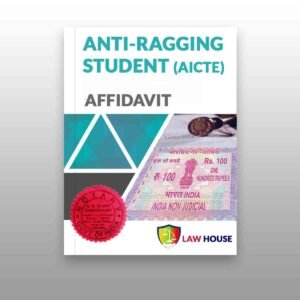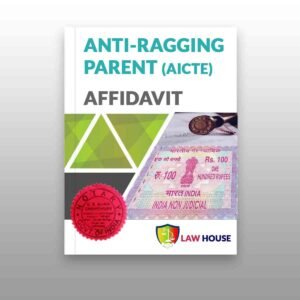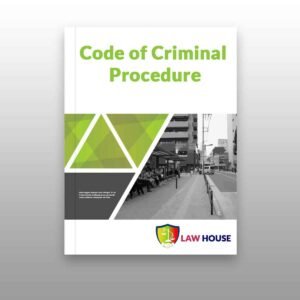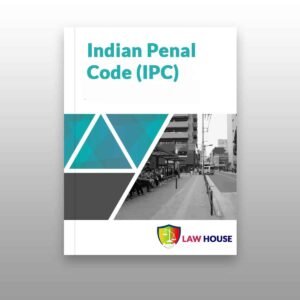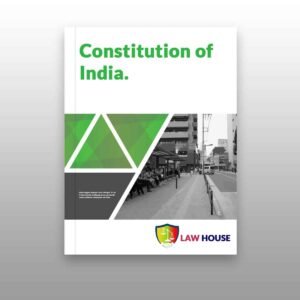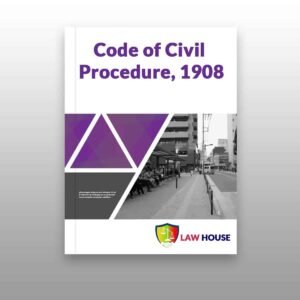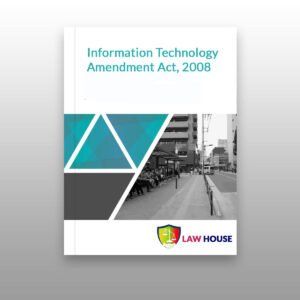Introduction:
Adultery, the act of engaging in a romantic or sexual relationship outside the bounds of marriage, can have far-reaching consequences for all parties involved. This article delves into the impact of adultery, its legal aspects, consequences, and addresses frequently asked questions to provide a comprehensive understanding of this complex issue.
Understanding the Impact:
Adultery can profoundly impact relationships, causing emotional distress, trust issues, and even leading to the breakdown of marriages. The emotional consequences for the betrayed spouse and the guilt experienced by the adulterous partner can have long-lasting effects on their well-being and the overall dynamics of the relationship.
Watch this Full Video on Extra Marital Affairs
Legal Aspects and Consequences:
The legal aspects of adultery vary across jurisdictions. In some countries, including India, adultery was historically considered a criminal offense. However, the Supreme Court of India decriminalized adultery in 2018, recognizing the right to personal autonomy and privacy within the confines of marriage.
Despite the decriminalization, adultery can still have legal ramifications in terms of civil remedies. It can be considered a ground for divorce, affecting issues such as alimony, child custody, and the division of marital assets. However, it is important to consult with legal experts to understand the specific legal provisions and implications in individual cases.
Consequences of Adultery:
Adultery not only affects the individuals involved but also has broader societal implications. It can lead to the erosion of trust within families, negatively impact children, and strain social relationships. While forgiveness and reconciliation are possible, rebuilding trust and repairing the emotional damage caused by adultery can be a challenging journey for all parties involved.
FAQs:
Is adultery a criminal offense in India?
No, adultery is not considered a criminal offense in India after the Supreme Court decriminalized it in 2018.
Can adultery be grounds for divorce?
Yes, adultery can be considered a ground for divorce as it is seen as a breach of marital vows and can lead to irreparable damage to the relationship.
What are the potential consequences of adultery in divorce proceedings?
The consequences may include an impact on alimony, child custody, division of assets, and property settlements, depending on the specific circumstances of the case.
Can adultery affect child custody decisions?
Adultery may be taken into consideration by the court while determining child custody if it is deemed to have a negative impact on the well-being of the child.
Are there legal remedies for emotional distress caused by adultery?
While emotional distress itself may not be a direct legal remedy, it can be a factor considered by the court while deciding issues like alimony and division of assets.
Conclusion:
Adultery has significant implications for relationships, families, and society as a whole. Understanding its impact, legal aspects









![Honey trap in Cybercrime: A to Z guide Exploring Honey Trap in Cyberspace [With Video]](https://www.lawhousekolkata.com/wp-content/uploads/Post-Images/Honey-Trap-300x169.jpg)






















